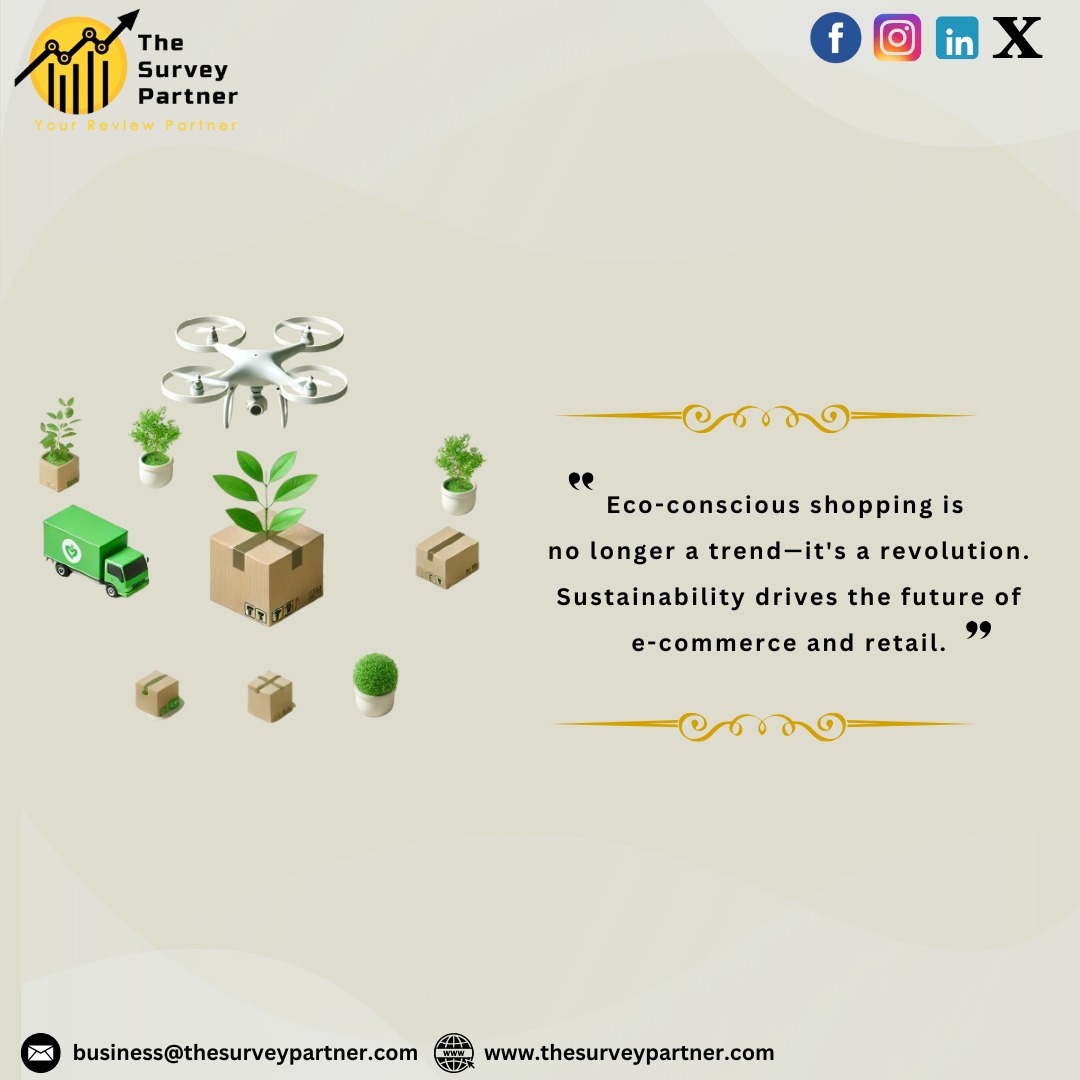0000-00-00 00:00:00
"Eco-Conscious Shopping: Driving the Future of Retail" is an essential trend that reflects a growing consumer awareness of environmental issues and a shift toward sustainability. Here’s how eco-conscious shopping is shaping the future of retail:
1. Sustainable Products:
- Eco-Friendly Materials: Retailers are increasingly offering products made from sustainable materials, such as organic cotton, bamboo, and recycled plastics. From clothing to home goods, these materials help reduce the environmental footprint of production.
- Biodegradable Packaging: Brands are switching from traditional plastic packaging to biodegradable or recyclable alternatives, reducing waste and pollution.
2. Ethical Supply Chains:
- Transparency: Consumers today demand transparency about where and how products are made. Retailers are responding by providing more information on sourcing, production practices, and the carbon footprint of their products.
- Fair Trade Practices: Brands are adopting fair trade and ethical labor standards, ensuring workers are paid fairly and treated well. This commitment to human rights aligns with eco-conscious values, creating a more ethical shopping experience.
3. Circular Economy:
- Recycling & Upcycling: Many retailers are embracing the circular economy by offering take-back programs, where consumers can return used goods for recycling or repurposing. This helps extend the life cycle of products and keeps waste out of landfills.
- Secondhand & Vintage: Retailers are supporting secondhand shopping by creating platforms for resale and promoting vintage or refurbished products. This not only reduces waste but also appeals to consumers seeking unique or affordable items.
4. Carbon Neutral and Eco-Friendly Brands:
- Carbon Offsetting: More brands are working to offset their carbon emissions by investing in renewable energy, planting trees, or supporting carbon capture technologies.
- Zero-Waste Stores: Some retail concepts are moving toward zero-waste shopping experiences, where everything from the products to the packaging is designed to be reusable or recyclable.
5. Consumer Power & Behavior:
- Conscious Consumption: Eco-conscious shoppers are becoming more mindful of their purchasing decisions, favoring brands that align with their values of sustainability, conservation, and ethical practices.
- Demand for Green Alternatives: From energy-efficient appliances to eco-friendly personal care products, consumers are pushing for more sustainable alternatives in the market.
6. Technology's Role in Sustainability:
- AI & Data: Technology is helping retailers optimize their supply chains and reduce waste. AI can forecast demand, streamline logistics, and cut down on overproduction, making retail more efficient and sustainable.
- Blockchain for Transparency: Blockchain technology is being used to ensure transparency in the supply chain, allowing consumers to trace products from their origin to
